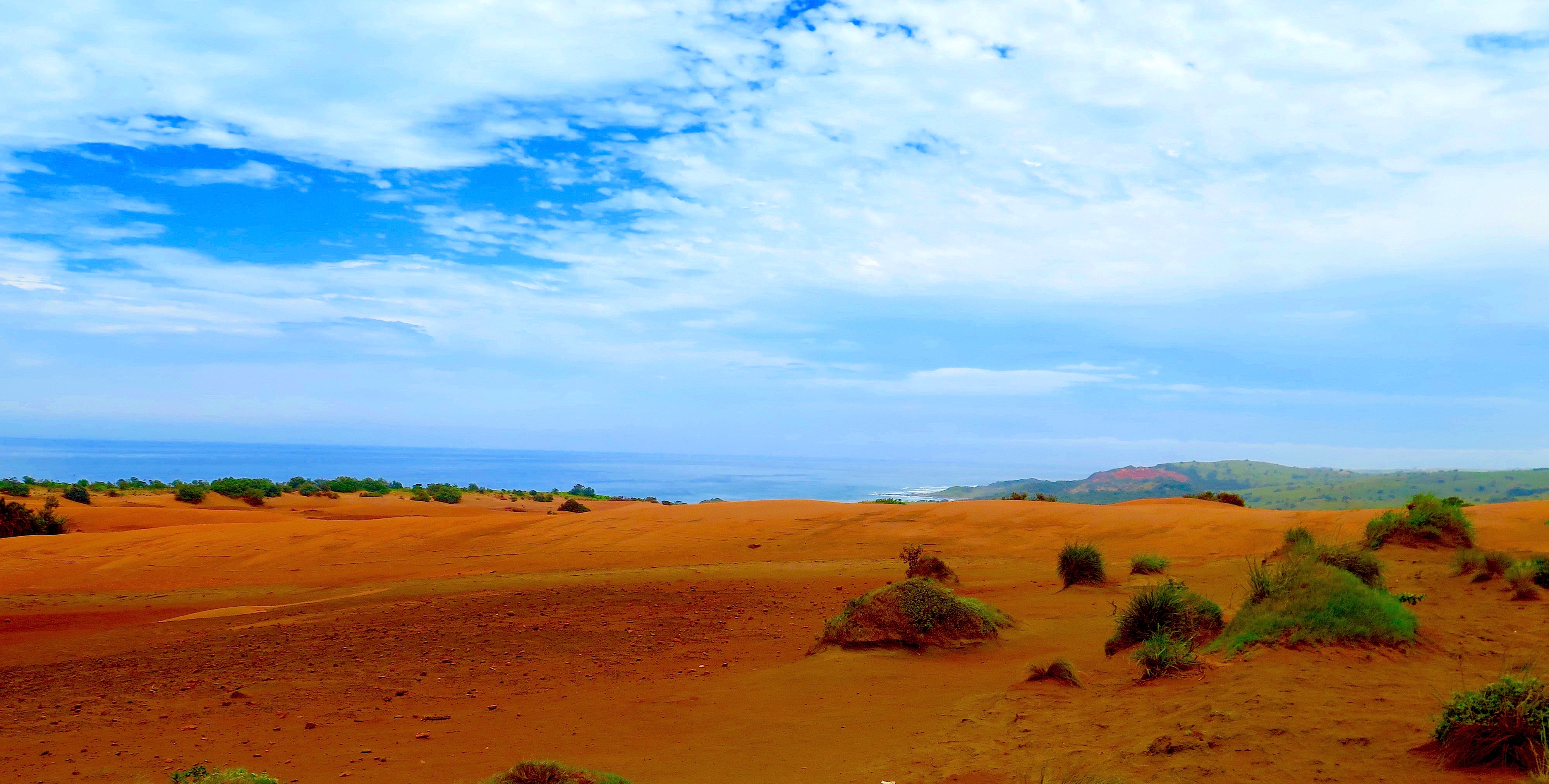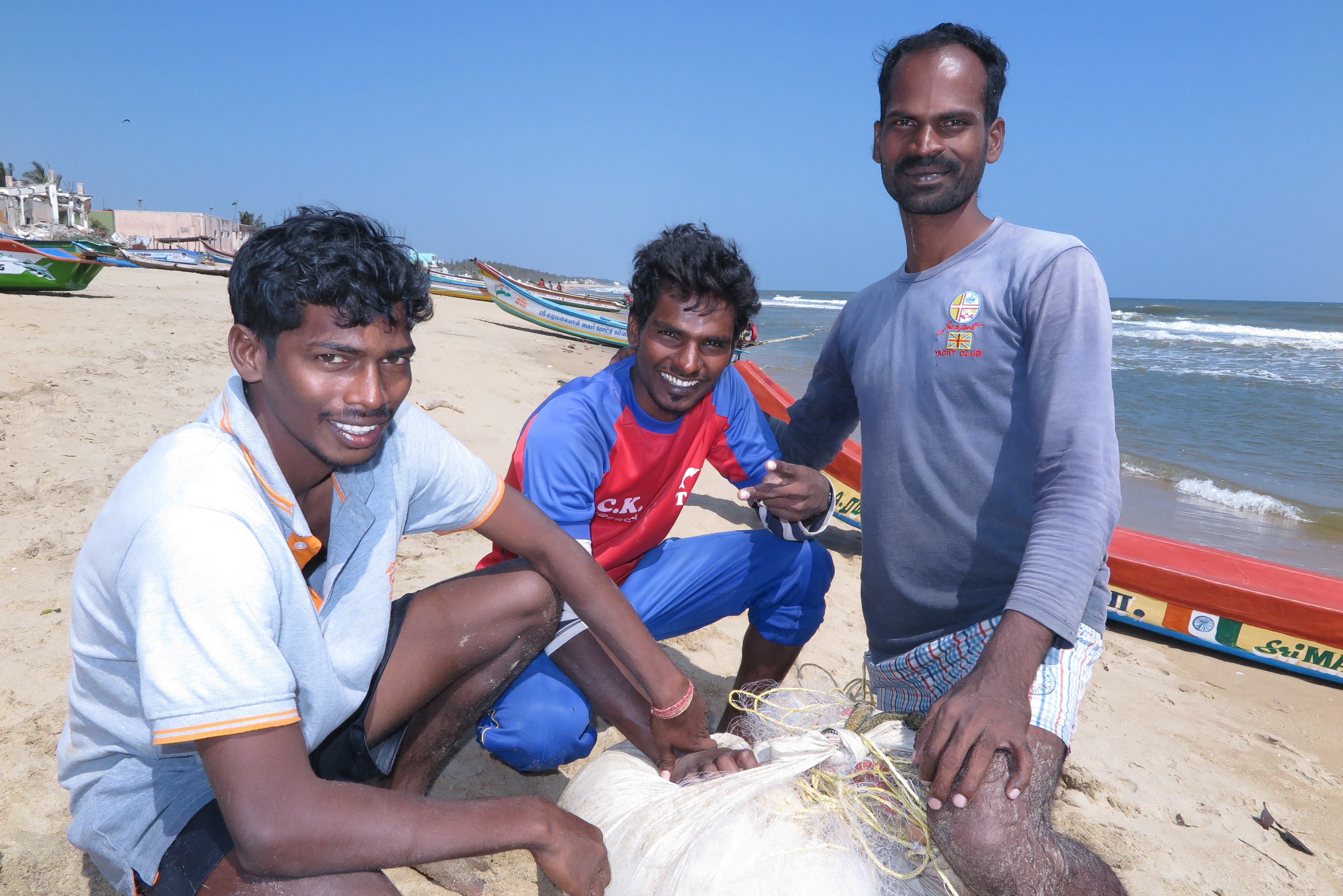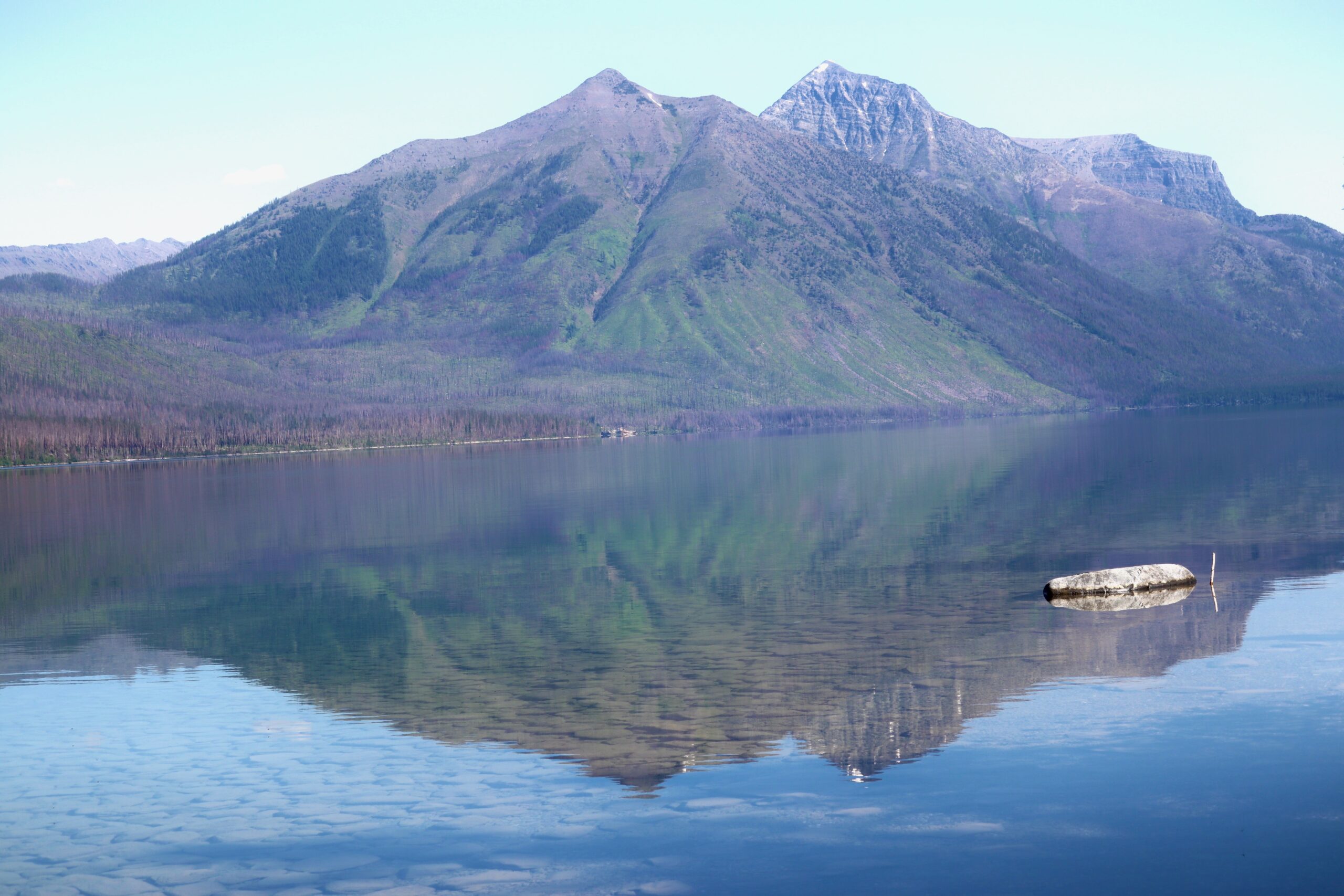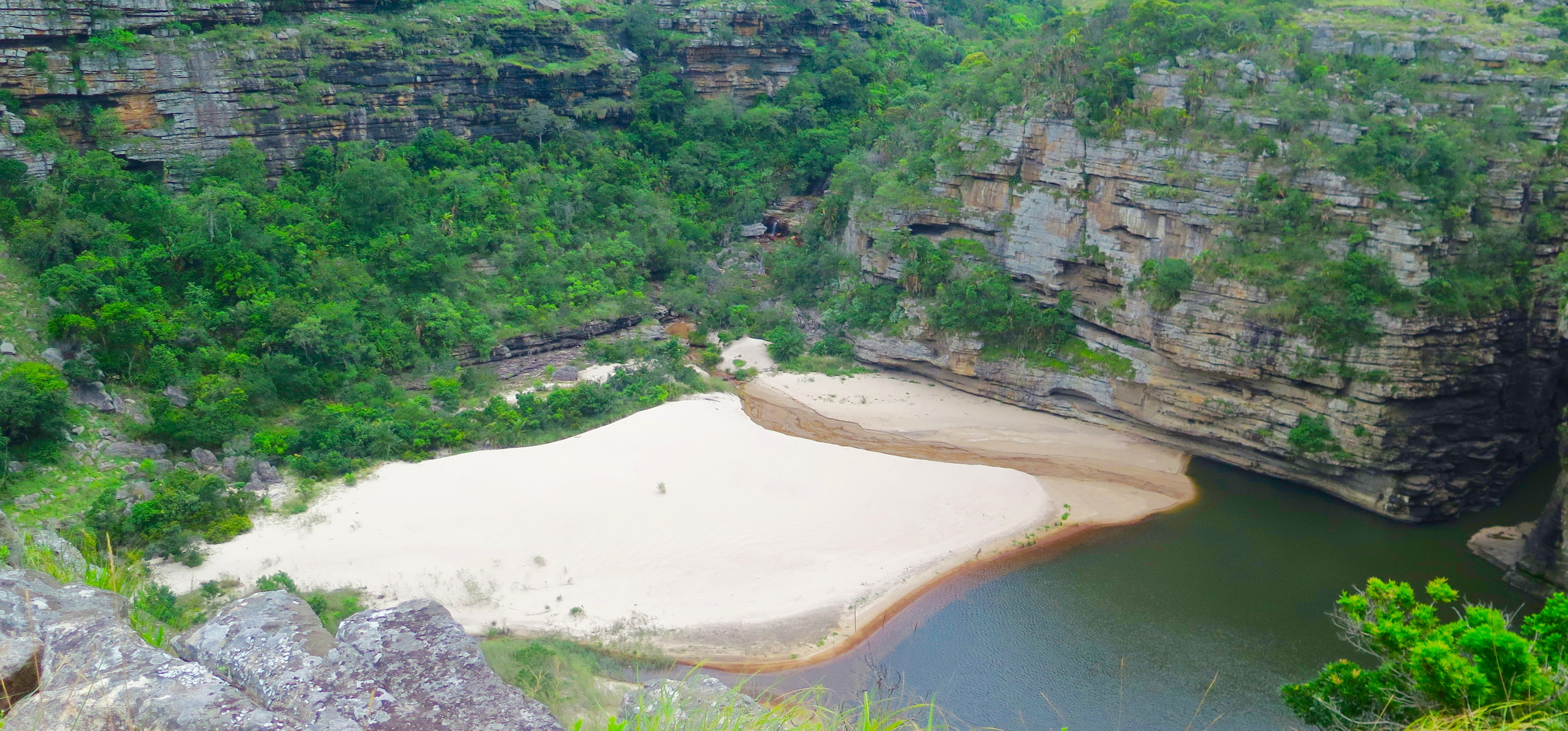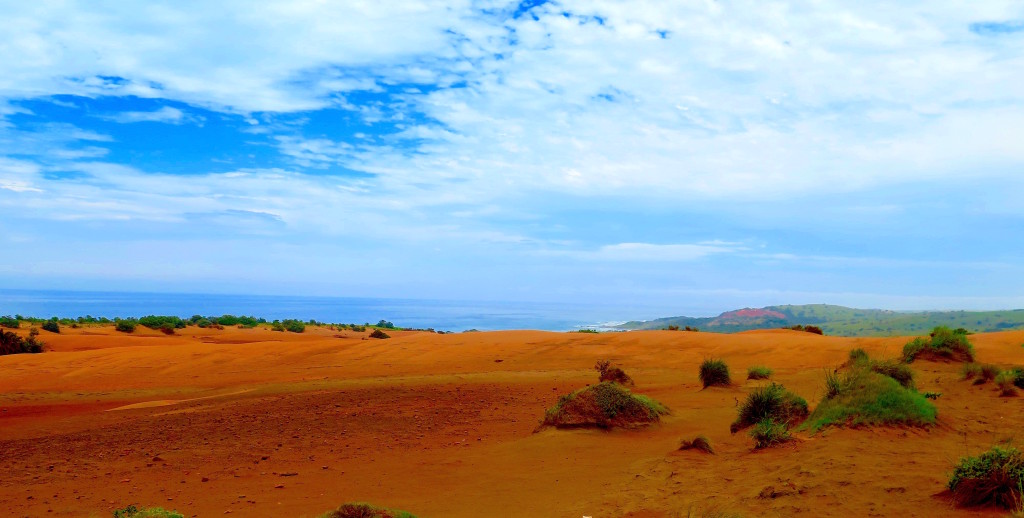
Nearly a month after gunmen assassinated Sikhosiphi “Bazooka” Radebe, the leader of a community group that opposed a mine and new highway on South Africa’s Wild Coast, the investigation has expanded but no suspects have been identified, according to the Directorate for Priority Crime Investigation, South Africa’s national police unit for investigating corruption and political and organized crime.
“It’s a murder case and we suspect there’s an element of organized crime,†Hlangwani Mulaudzi, the spokesman of the Directorate, told reporters in South Africa.
“There is a task team formed to deal with this case,†Mulaudzi added last week in an interview with Checkpoint, a program of the 24-hour eNews Channel Africa. “There have been huge strides made so far.â€
Radebe was attacked on March 22 at one of his repair and storage shops in Port Edward along the Indian Ocean coast, about two hours south of Durban and close to Xolobeni, where a titanium beach mine and freeway are proposed. Witnesses, among them Radebe’s son, said two men, apparently impersonating police officers, arrived after sunset in a white vehicle with blue emergency lights fixed on the roof. Radebe had received a warning about a hitlist prior to the attack. He resisted the gunmen’s order to get in the car and was shot eight times.
Investigators learned that the vehicle had been carjacked with two passengers inside. The gunmen put one of the kidnapped passengers in the trunk and restrained the second in the back seat. Both passengers survived.
The owner of a taxi company raised in the Xolobeni area, 52-year-old Radebe chaired the Amadiba Crisis Committee, a civic group formed in 2007 with hundreds of members who opposed plans to mine the Indian Ocean beach and cross their Pondo tribal lands with a freeway. Radebe and his colleagues were convinced that both developments would wreck the region’s agrarian way of life, and that investments in agriculture, local road repair, and eco-tourism would generate more businesses and jobs that also secured their magnificent coastal homeland.
Conflict Over Development
The Crisis Committee’s steadfast opposition inflamed local supporters of the mine’s Australian developer, Mineral Commodities Ltd., who argued that development would produce economic opportunities. The conflict split Xolobeni as families divided and close friendships dissolved.
The Crisis Committee appeared to win the mining struggle in 2011 when the Department of Mineral Resources revoked the mining license. The 2011 mining license revocation, though, was based on what the department said were weaknesses in the application. The ruling left open the opportunity for Mineral Commodities to restart the licensing process by March 6, 2015. Two days before the deadline, on March 4, 2015, the company submitted a new license application to mine the Indian Ocean beach.
Simultaneously, a year-long reign of violence began against the Amadiba Crisis Committee. Night and daytime attacks on committee members since May 2015 resulted in severe injuries, but were largely viewed as insignificant. Just one attack in December was regarded as worthy of investigation by local officers of the South African Police Service and prosecution by the government. Radebe’s death also fit the era of turmoil engulfing South Africa.
Bazooka Radebe’s death, as well as his funeral, which attracted 3,000 mourners and international television crews, are the most visible events in the furious 10-year struggle. Both events elevated an unpredictable and dangerous conflict over industrial and transportation development on the northern end of South Africa’s Wild Coast to national and international attention.
Xolobeni residents see themselves as heirs to a tradition of stalwart defense of their magnificent Pondo homeland. Like the Pondo tribesmen who spent three years battling Apartheid-era restrictions from 1958 to 1961, members of the Amadiba Crisis Committee vow to block development of their free-flowing rivers, open grasslands, and undeveloped Indian Ocean coast.
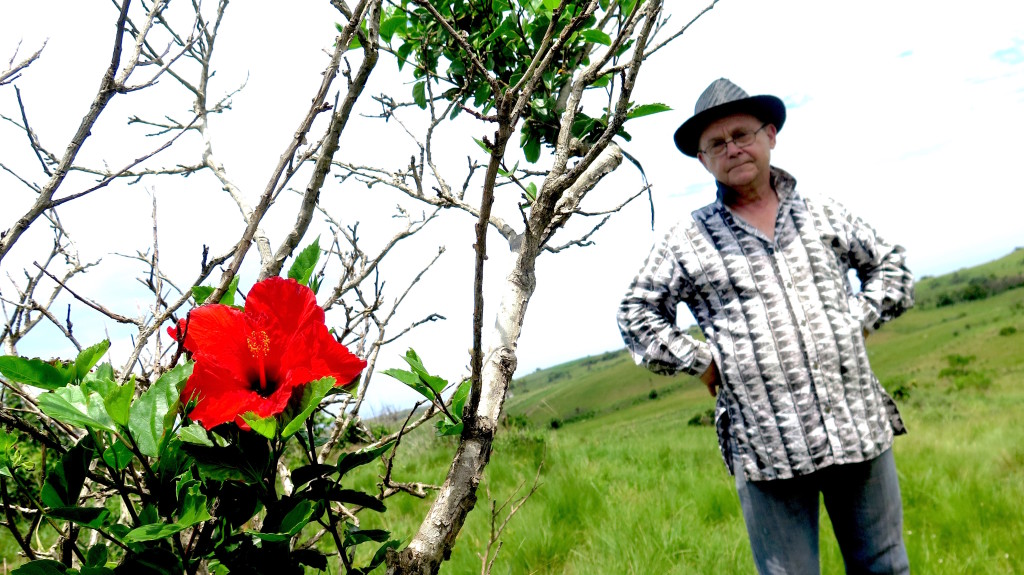
work to secure the Wild Coast. Photo/Keith Schneider
“The assassination of Sikhosiphi Bazooka has caused a groundswell of opposition, and massive support from civil society organizations all over the country,†said Sinegugu Zukulu, a professional conservationist and a leader of the Amadiba Crisis Committee. “The same can not be said about our government. I think they are hoping to calm things down and continue to push for mining. They have forgotten too soon as history could be telling them about our tribe. In Mpondoland when we say ‘no’ we mean it. We do not change.â€
Changed Government Posture
The assassination, though, altered the behavior of the mine developer and the South African government, and penetrated international agencies.
On April 11, an eight-member delegation from the Department of Mineral Resources held a meeting in Xolobeni that was attended by hundreds of Amadiba Crisis Committee members. The government group, led by David Msiza, the agency’s acting director-general, listened as one Xolobeni resident after another called on the government to reject beach mining in their region.
“We have a government which does not listen, which does not care about the poor and is only concerned about making the rich richer,†said Nonhle Mbuthuma, a Crisis Committee leader. “We have a government which wants a bloodbath in this area.â€
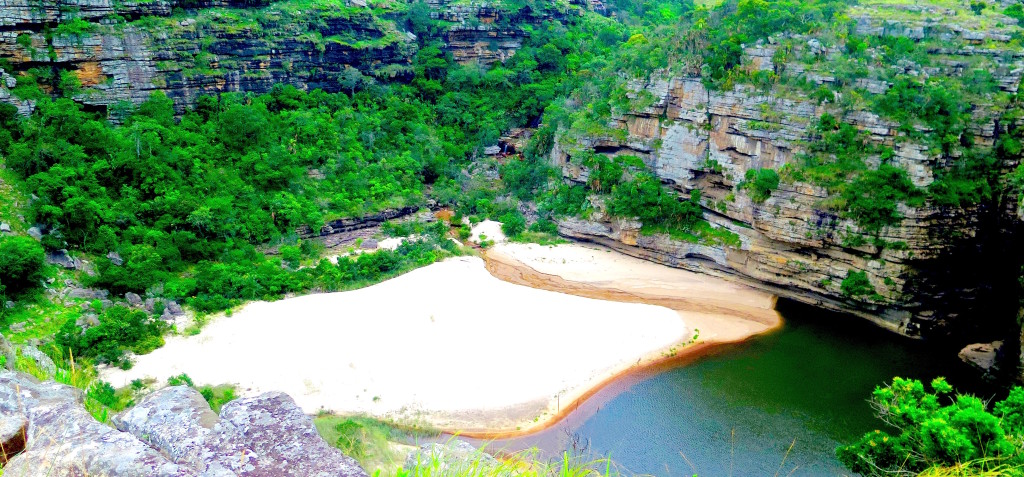
Mark Caruso, the chief executive of Mineral Commodities, told the Weekend Post, a news organization, that he halted indefinitely a program of drilling and resource assessment at the beach mine site “rather than inflame the situation. So at present the program is on hold.â€
South Africa’s Department of Justice and Constitutional Development promised to investigate human rights violations in Xolobeni. The department’s action comes in response to a petition from the Cape Town-based Legal Resources Center to the United Nations Human Rights Committee, which considered the request at a meeting in Geneva in March. The spokesperson for the Department of Justice told reporters that the agency also requested a report from the national Director of Public Prosecutions, which prepares cases for prosecutors.
A letter from Sustaining the Wild Coast, an environmental group, was sent to the Australian High Commission, Australia’s diplomatic agency, that requested a formal investigation of Mineral Commodities’ activities in South Africa. The Wild Coast group said the slaying of Radebe “comes in the wake of over a decade of intimidation, harassment and disregard for human rights and basic democratic processes. We strongly believe this murder was the result of Radebe’s leadership of the Amadiba Crisis Committee, and the organization’s strong anti-mining stance.â€
In Australia, citizens in support of the Amadiba Crisis Committee picketed in Perth, the home office of Mineral Commodities, Ltd. Crisis Committee supporters also demonstrated in front of the Australian Embassy in London.
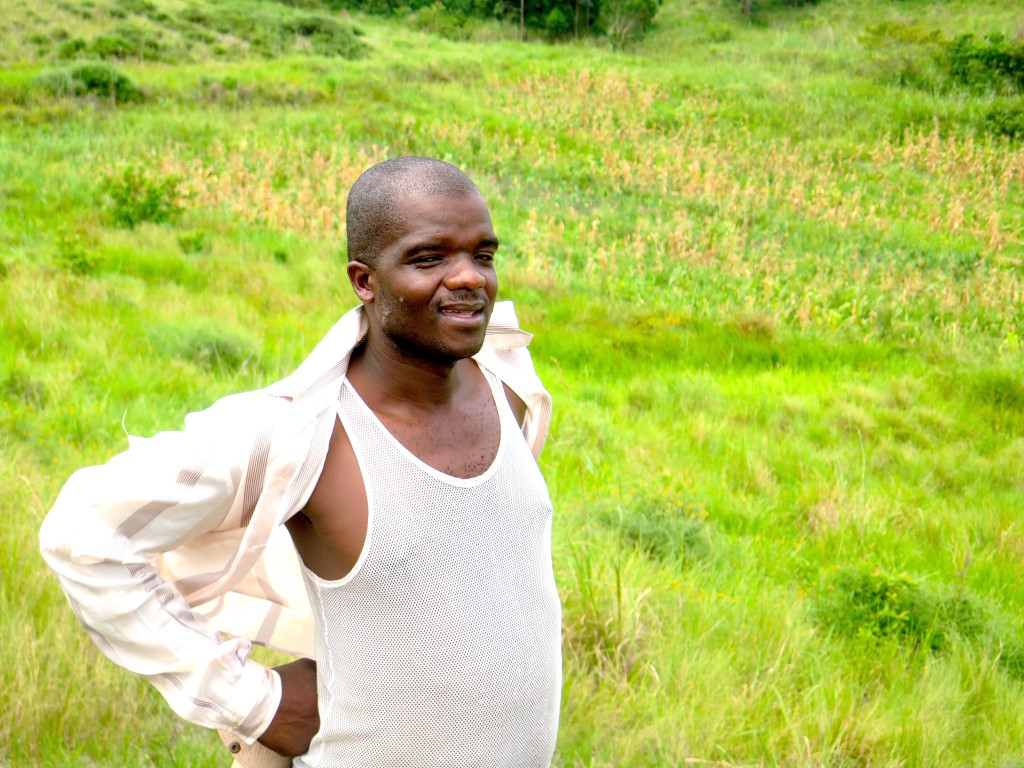
John Knox, the United Nations Special Rapporteur on Human Rights, visited South Africa last week and met with leaders of the Amadiba Crisis Committee. Knox, a professor of international law at Wake Forest University, in the United States, was careful in responding to questions from Circle of Blue. “I’m afraid I don’t have any conclusions that I can give you, other than the observation that murders of environmental defenders are all too common around the world,” Knox said in an email message to Circle of Blue.
John Clarke, a social worker from Johannesburg who has helped Xolobeni residents oppose the mine and freeway for 15 years, said the meeting with Knox was “fruitful.”
“Professor Knox has undertaken to write to the South African government to lodge his concern that the South African state has heightened duties to protect its most vulnerable citizens, including indigenous people like the Amapondo, and to only allow extractive activities within those territories with prior, free, and informed consent,†said Clarke in an email message to Circle of Blue. “Professors Knox’s mandate is to persuade UN member nations to entrench environmental rights in their national constitutions, and ultimately in the UN Convention on Human Rights.”
A Hero Fallen
There is no indication that the Department of Mineral Resources will accede to the Crisis Committee’s demand and turn aside the mining license application, as it did five years ago.
Earlier this month Patrick Bond, a professor of political economy at the Wits School of Governance in Johannesburg, visited Sandile Njapha, a mining law officer of the Department of Mineral Resources. Bond said he learned that the department “viewed the Xolobeni issue as manageable, implying the mining of the Xolobeni dunes would proceed. Radebe’s murder was an unfortunate blip but that as soon as the matter had died down, business would proceed as usual.â€
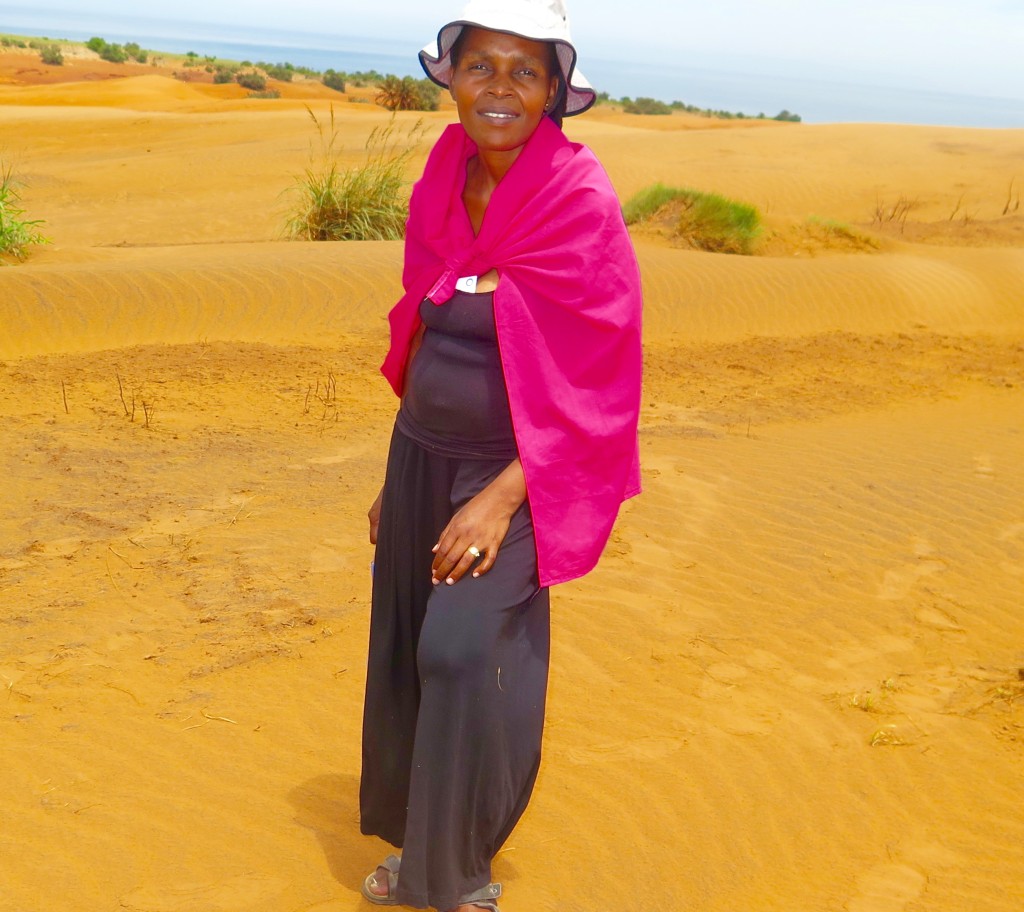
“He’s gone now. We can not bring him back,†Sinegugu Zukulu told Checkpoint. “The world and particularly the South African government will come to realize this is the moment for them to do what they should have done ten years ago.â€
“People have been shocked by the event and want a full investigation and the perpetrators brought to book,†added Sheila Berry of Global Environmental Trust, a group based in Hillcrest, near Durban. “It is difficult for the general public to understand why so-called poor undeveloped rural communities would be saying no to the mining proposal. It brings jobs after all, doesn’t it?
“No it doesn’t and the Xolobeni community knows this. Mining inevitably leaves local communities poorer, wrecks the social fabric and destroys biodiversity and the agricultural value of land that has supported the Pondo people for many generations.â€
— Keith Schneider
